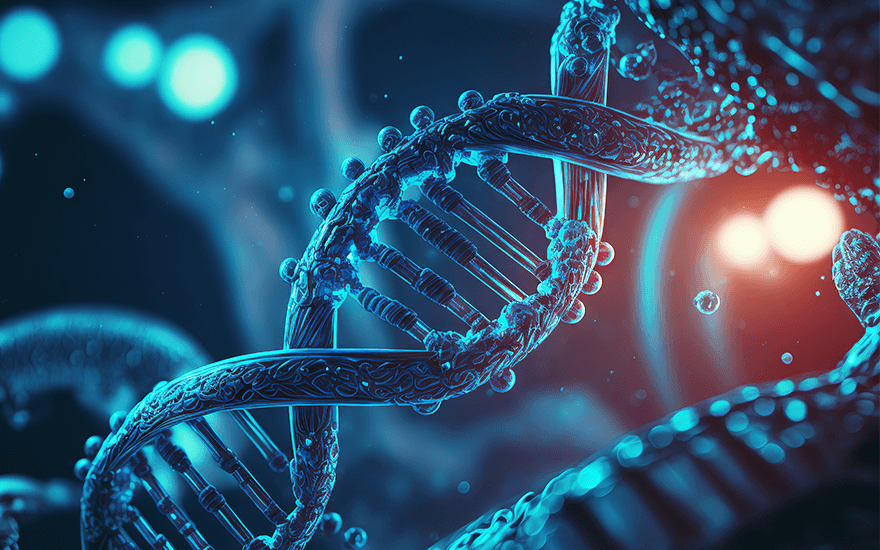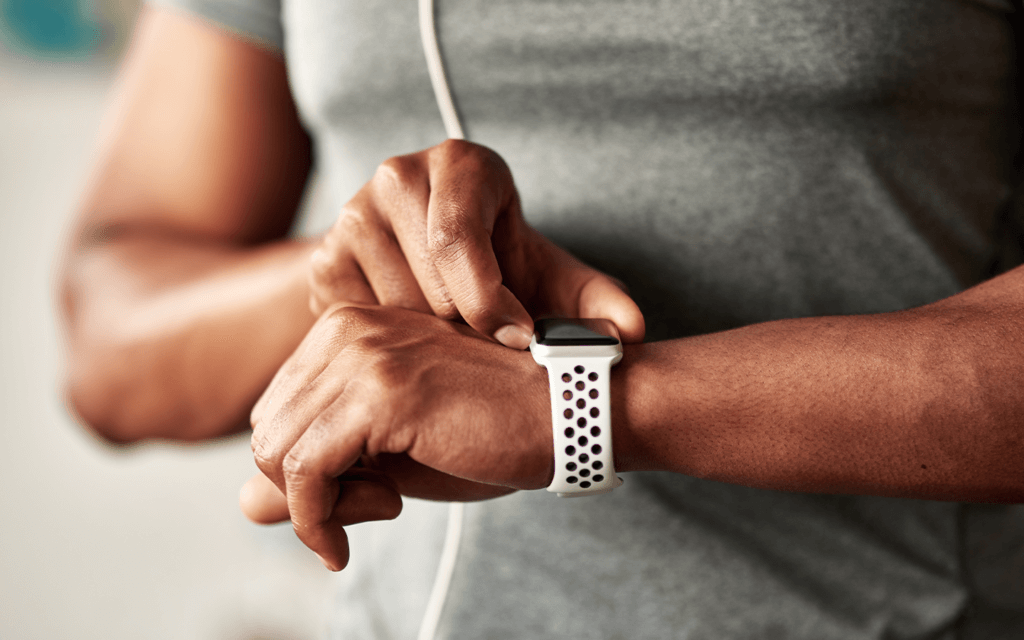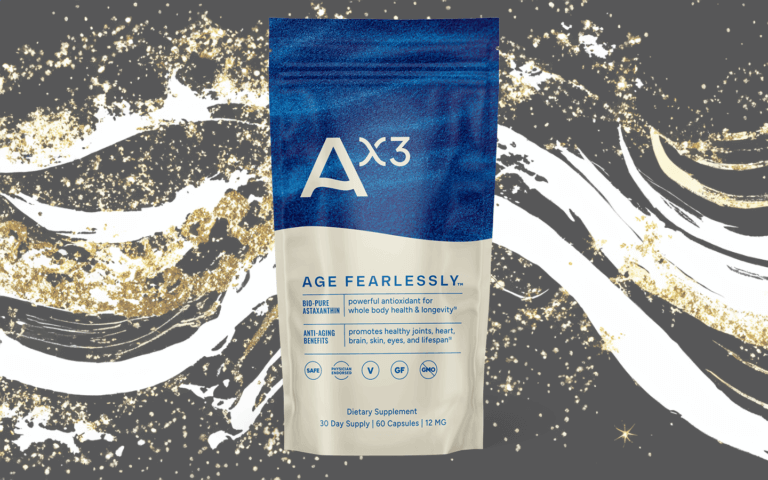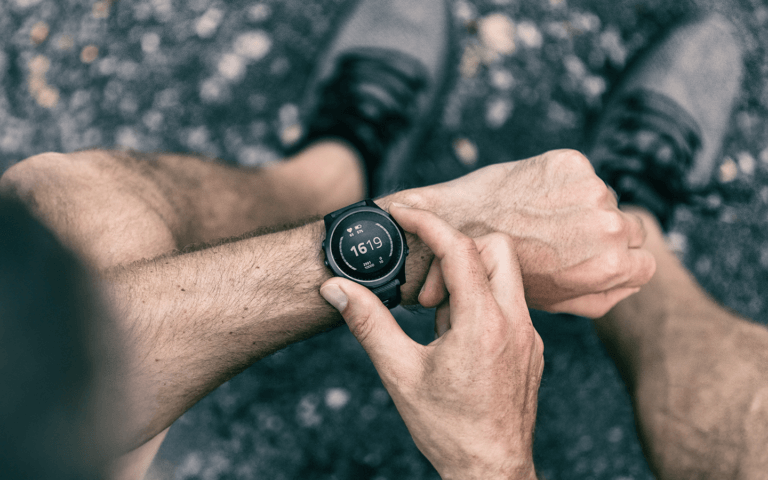Biohacking’s popularity has risen rapidly in the last decade, with searches for “biohacking” increasing by 536% since 2013. In fact, there has been a 36% increase in the past year.
According to a research report published in 2019, the Human Augmentation Market is projected to grow to USD 206.9 billion by 2024. Major factors why include the surge in technology penetration in healthcare, the advent of artificial intelligence in wearable devices, and the constantly evolving popularity of wearable augmentation products.
Technologies that support biohacking methods are advancing quickly, and, with the quest for eternal youth seemingly within reach because of it, is biohacking really the future of ethical health?
What is biohacking?
Biohacking is the ability to maximise one’s physical or mental performance using diet, chemicals, mindfulness, light therapy or other technology or inputs.
It’s unique because it operates outside the sphere of traditional medicine, aiming to improve overall physical health and optimize an individual’s performance. Basically a do-it-yourself approach to personal health.
The overarching philosophy that biohacking evokes is the refusal to accept the body’s physical limitations and shortcomings.
Dr. Tammi Kaeberlein, who is a scientist in the field of aging, believes biohacking generally:
“involves making intentional changes to your lifestyle, diet, and environment to improve physical and mental performance. More specifically, it means following the scientific literature for the latest developments in research and developing your own protocols for fitness or supplement use to influence your overall health and rate of ageing.”
Is Biohacking a new trend?
Not really. The term has been floating around since the 1980’s, with the first known instance of the term being used by computer programmers who sought to improve their productivity by altering their environment and work practices.
The concept really took off around the turn of the millennium after scientists fully sequenced the genome. The Human Genome Project, completed in 2003, covered about 92% of the total human genome sequence.

The term “biohacking” was coined in 2004 by Dave Asprey, an entrepreneur and author who popularized the concept through his Bulletproof diet and lifestyle brand.
The concept has gained increasing attention and popularity in recent years as technology has advanced and more people have become interested in optimizing their health and performance.
The Father of Biohacking
Asprey, who, as previously mentioned, coined the phrase, is known as the ‘Father of Biohacking’ and has worked with world-renowned doctors, researchers, scientists, and global mavericks to uncover the latest, most innovative methods, techniques and products for enhancing mental and physical performance.
According to his website, “he has personally spent over $2 million taking control of his own biology – pushing the bounds of human possibility all in the name of science evolution and revolution”, and his mission is to “empower the entire globe with information and knowledge that unlocks the Super Human in everyone at any age.”
Joel Evan is a Human Potential Coach and was a life coaching student at a school created by Asprey and a biohacker for over ten years. Evan runs his own podcast, The Hacked Life, and had the opportunity to welcome Asprey as a guest.
“When Dave Asprey coined the term biohacking, he was a computer hacker, weighed 300 lbs, overweight, inflamed, and unhealthy. He was doing everything the Western MD’s told him to do, but he was still sick.He wanted to take control of his life, so he went out and spent over $100k investing in alternative therapies to restore and reboot his body.”
After regaining control of his health, he came up with the term biohacking; “bio” meaning your biology and “hacking,” like a computer hacker.
“The actual definition straight from our coaching program was: systematically influencing our biology, psychology, and environment, with the intention of discovering what enables us to perform at our very best.
“The current definition, which is pretty similar but slightly modified, is :to change the environment outside of you and inside of you so you have full control of your biology, to allow you to upgrade your body, mind, and your life.”
Whatever you think of Asprey’s methods and beliefs, the personal results he has showcased speak for themselves. He has maintained a 100-pound weight loss and looks closer to 40 than 50.
His ‘Bulletproof Diet and Fasting Roadmap’ promotes the likes of mineral water, coconut, dark chocolate and grass-fed beef and lamb but states that soy milk, diet drinks and cheese, amongst others, are kryptonite.
Regular fasts are also included, all with the end goal of helping the customer to “lose weight without calorie-counting, boost energy and willpower, increase cognitive function as well as physical and mental performance, and increase nutrient stores and strengthen immune function.”
What types of biohacking are out there?
Dietary changes can include eliminating certain foods or food groups, such as processed foods or sugar, and replacing them with healthier options.
Exercise optimization involves using technology such as wearables or tracking apps to monitor and improve exercise performance.
Sleep optimization: This can involve tracking sleep patterns and making changes to one’s sleep environment or routine to improve the quality and duration of sleep.
Supplementation: This involves taking supplements such as vitamins, minerals, or nootropics to enhance cognitive function or physical performance.
Mindfulness practices: This includes techniques such as meditation, yoga, or breathing exercises to reduce stress and improve mental clarity.
Is biohacking ethical?
Since shooting into the limelight, the question of biohacking’s ethical implications has been a hot topic.
It has been argued that biohackers challenge what the traditional scientific community considers to be ethical and acceptable uses of scientific tools.
“Is it unethical to experiment on yourself in this manner? Not in my opinion (says Kaeberlein.), but I’m sure some would disagree. The more extreme version of biohacking, self-prescribing medications normally prescribed by physicians, is significantly more questionable in terms of safety, and the ethics of it come down to a personal decision. People need to do what is right for them. I think the ethics of it come more into play when social media and biotech companies promote products that have no scientific basis for efficacy. There’s a great deal of that already and that will only increase in the future.”
Some critics argue that biohacking “promotes an unhealthy focus on individual optimization rather than addressing systemic issues that contribute to poor health outcomes.
Michael Hamlin, Founder of Everflex Fitness, goes on to say, “there are concerns about the potential risks and side effects of some biohacking interventions, particularly those that involve the use of untested supplements or other substances.”
Biohacking: future proof or another fad?
“I believe it is the future of health because it is taking your mind-body health in your own hands.”
That’s the view of Dr. Paige Roberts, a sports psychology consultant and an energy optimization expert who has been in the wellness space for 20 years.
“It’s using current cutting-edge research to inform how you live your life. It takes years for mind-body research to reach mainstream health and wellness practices. It is ignorant in my opinion, to not look to current research and then use this research to expand on your mind-body health. We really owe it to ourselves to follow the research and try the latest techniques to push back the hands of time.”
Kaeberlein agrees and thinks biohacking is here to stay.
“Information from health, science and medical communities is only going to become more accessible as time goes by. The average person does not have the limitations that scientific, governmental or medical agencies do and are going to take advantage of opportunities that arise regardless of what is “currently recommended.”
However, there are some within the fitness community who are keen to highlight possible risks.
“While some forms of biohacking can be beneficial, others can carry significant risks and raise broader ethical questions”, says Business Coach and Personal Trainer Matthew Fedora.
“It is important for biohackers to approach their practices with caution and consider potential implications. The public and policymakers should engage in conversations about the ethics of biohacking to ensure it is used responsibly.”
Whether biohacking is the future of health care is still up for debate. However, there is no doubt that the trend is growing in popularity, and that biohacking is here to stay.






